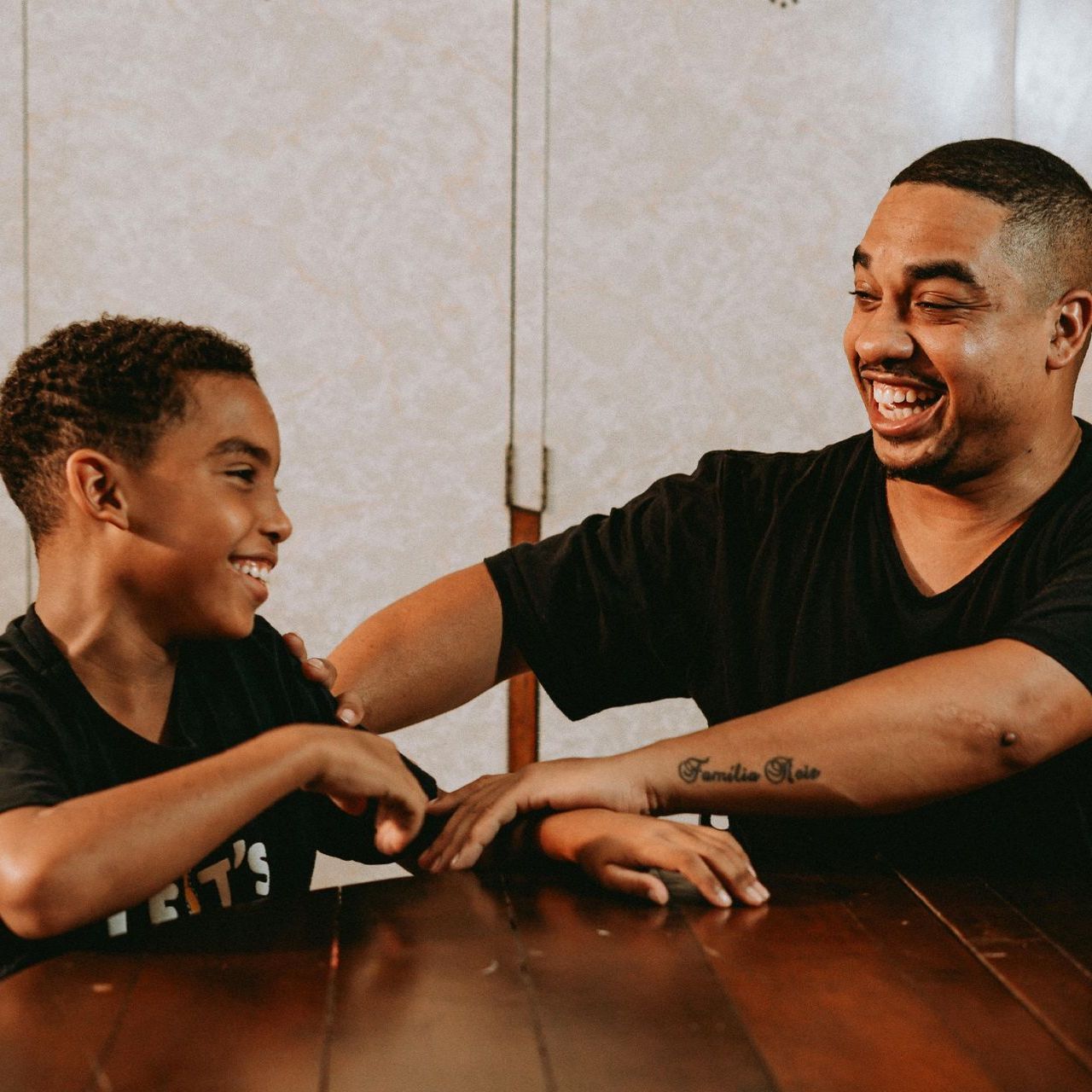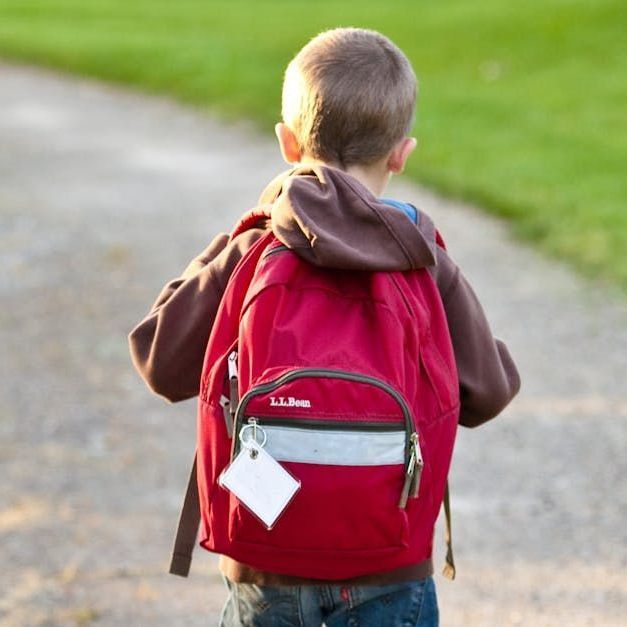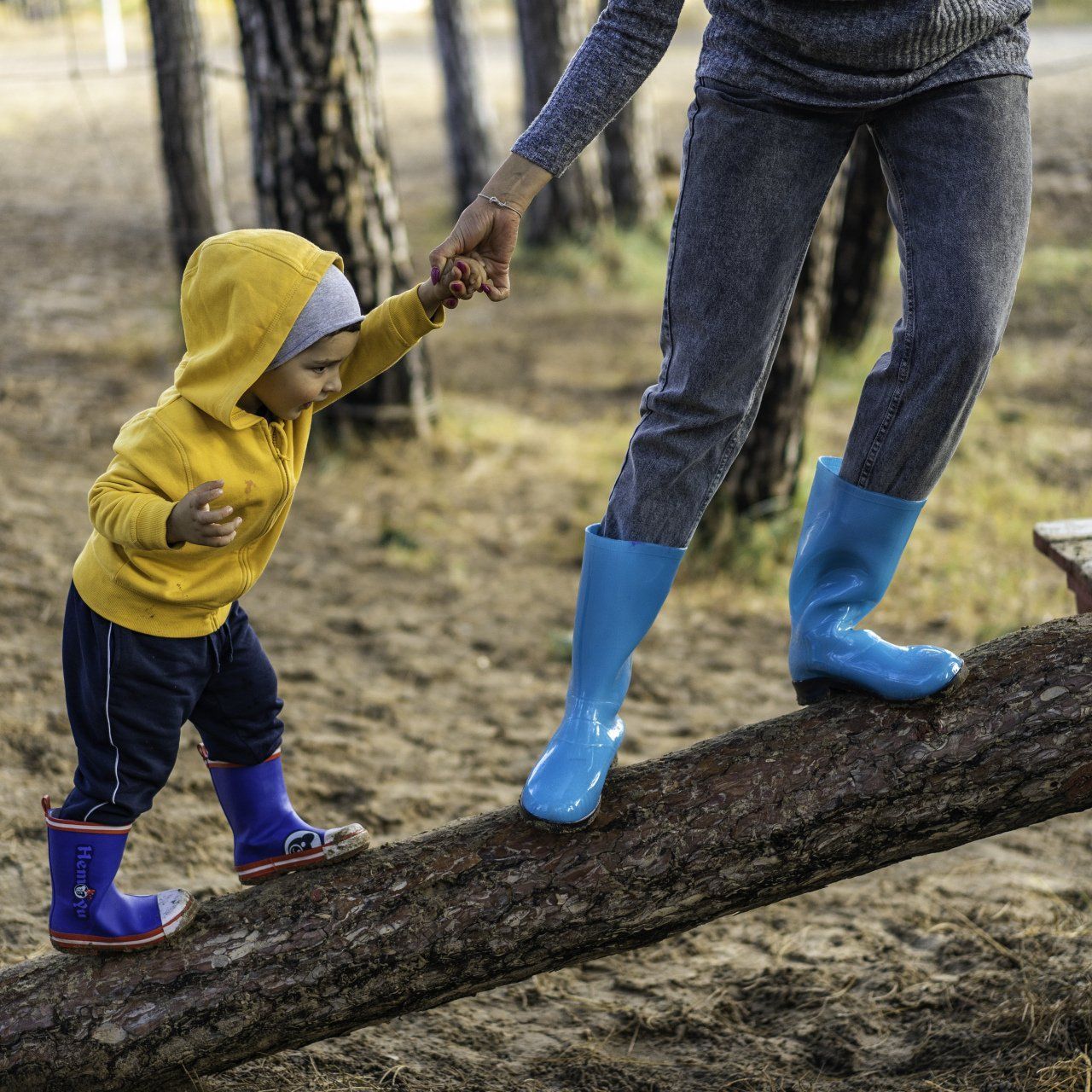When should I be concerned about my child's bedwetting?
Bedwetting is a common childhood problem. Many children between the ages of two and four who master toilet training during the day, will experience episodes of bedwetting through the night. In many cases, the nighttime bedwetting incidents will gradually decrease until they have completely ceased around the age of five or six.
So, when should parents worry about their child’s bedwetting behaviors? Most pediatricians agree that it’s quite normal for children to experience occasional “accidents” and that most children will outgrow it on their own.
When to Visit Your Pediatrician
Bedwetting is rarely a serious problem. In fact, wetting up to a year after the child has successfully been toilet trained is normal. Children gain bladder control at different ages, and while most kids quit wetting at night by the age of 6, others may take a little longer. In the majority of cases, wetting does not have a medical cause.
According to the AAP, you should contact your pediatrician if your child continues to have frequent “accidents” or if you notice any of the following signs:
- Wet clothing and bed linens, even when the child uses the toilet frequently
- Unusual straining during urination, a very small or narrow stream of urine, or dribbling after urination
- Cloudy or pink urine
- Abnormal redness or rash in the genital area
- Trying to conceal wetting by hiding clothes or underwear
- Daytime wetting in addition to nighttime accidents
Parents should remember to be sensitive to their child’s wetting behavior so not to cause additional embarrassment or discomfort. Never punish the child for bedwetting. Instead, show support and encouragement by reassuring the child that it is not his or her fault and that the problem will get better.
Remember, even though childhood wetting is frustrating, it is very normal. Talk to your pediatrician if you have concerns about your child’s bedwetting behaviors.











